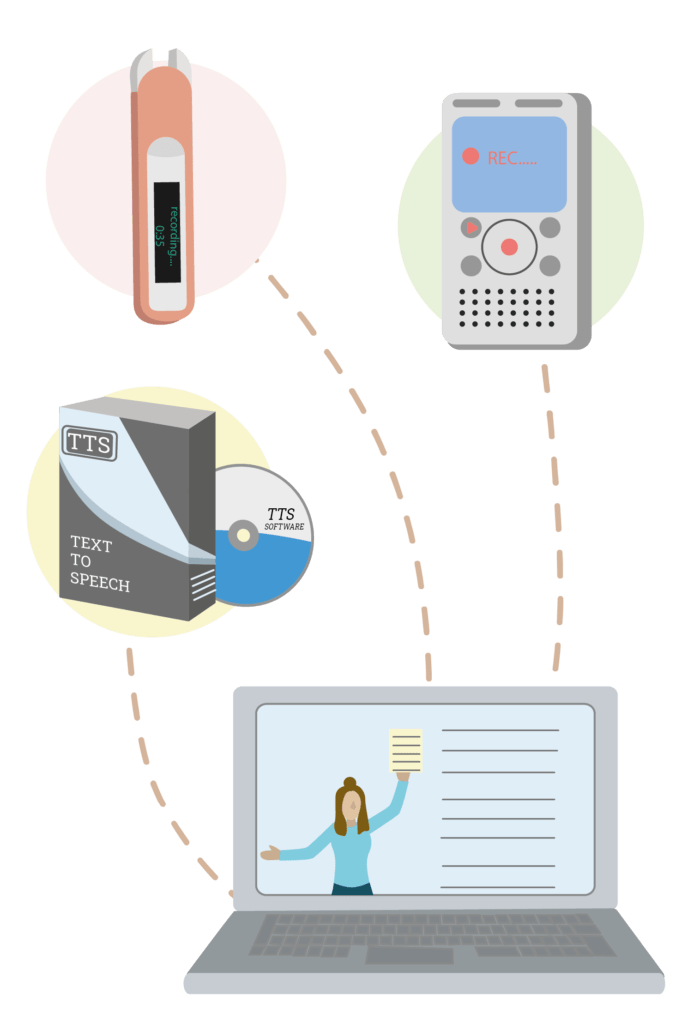Profile summary and neurodiversity insights
The MANAGER profile is harder to fit than you may automatically assume as it is requires a blend of skills and competence that not many can achieve. And it is important to note that your current role or aspirational career goal does not need to have the word “Manager” in it in order to fit the MANAGER profile, many roles require this blend of skills as standard.
This profile implies a strong sense of organisational ability and the ability to affect and alter the course of things. However, this profile does not rely on or automatically imply empathy or interpersonal skills have been developed. Manager roles are not restricted to dealing with other people as this element may serve as a catalyst or support for your primary work objectives.
Similar to the NUMERICAL profile, a higher level of consistency of thought and function is often displayed in those with the MANAGER profile compared to those who match other profiles.
Unlike many of the associated neurodivergent skills and barriers that dictate a support network and a strong relationship with other people, the MANAGER profile is potentially the most independent of all of the profiles.
To put it simply, most people can remember to water a plant, someone who fits the MANAGER profile may determine how to maintain many plants consistently, (potentially even with required deviation), within a set budget and time frame. This can be impressive and valuable but not requiring empathy or high interpersonal skill.
Despite the self-contained, self-disciplined and potentially solitary or self-important back bone of the MANAGER profile, when coupled with a secondary profile that implies interpersonal or relationship-based skills, a balance can be found and the number of suitable roles and work types increases significantly.
It is worth noting that those without a MANAGER profile can be fantastic managers from certain perspectives, (arguably better suited to management of people). However for qualities such as operational consistency, financial focus, and an administrational approach the MANAGER profile is ideal.

Your Strengths

Career Paths

Your Work Preferences
Types of careers that are good a match to your strengths
- Team leader
- Delivery manager
- Project / Programme manager
- People / General Manager
- Business Operations Manager
- Transformation Support
Learning Styles

Audial / Vocal
Read / Write
Even if there are some issues regarding speed or clarity, taking in information in the classic way, lets you move at your own pace while monitoring and progressing activities that involve others.


Tactile / Kinaesthetic
Challenge Areas
Support Available

Workplace needs assessments
Workplace Needs Assessments provide the opportunity for an employee to express their experiences of work related barriers. A report is then produced to inform and educate Management and HR providing clear recommendations of reasonable adjustments.
You can book one hereInterim support
There are many occasions when a one-off intervention or support arrangement may be required. This can include scribing or supporting during an assessment or interview for specific candidates. It may be necessary to provide a workshop or seminar for colleagues in order to inform them of specific traits or behaviours that may be present and how best to assist the individual to reach their potential.
You can book one here

Assistive technology and training
There is a host of technology specifically designed to handle difficulties such as:
Personal mentoring for the improvement of fundamental skills.
We all have strengths and weaknesses. It can be very beneficial to chat things through with a mentor. Personal coaching or mentoring can assist with developing more robust strategies for addressing those less developed skill areas. Roche has a mentoring scheme available to all employees and Occupational Health experts for specific work-place improvements/adjustments. These employees are trained to support individuals with their individual needs, ranging from how to talk to colleagues and line managers through to time management and scheduling
You can book one here

Disclosure and self-advocacy
Disclosing to your HR department can be a key step in order to ensure that you have access to support and services. Even if you did not disclose face-to-face or explain on any initial Occupational Health documentation, it is never too late to inform HR of Neurodiversity just so that they are already aware if it becomes relevant in the future.
Disclosing to line management is highly recommended because it will allow you to candid in scheduled catch-ups. It will no longer be so out of place to express an issue or as embarrassing to request an unscheduled chat. This approach is just as helpful to line managers because it gives them the opportunity to appropriately address some issues that may otherwise be handled indelicately.
Disclosing to colleagues often occurs naturally over time but if a critical issue occurs before that point, the disclosure process can feel forced or negative. Even if your specific Neurodiversity is not shared, it can be a great help to inform others of any issues so that they can learn or understand any differences.
